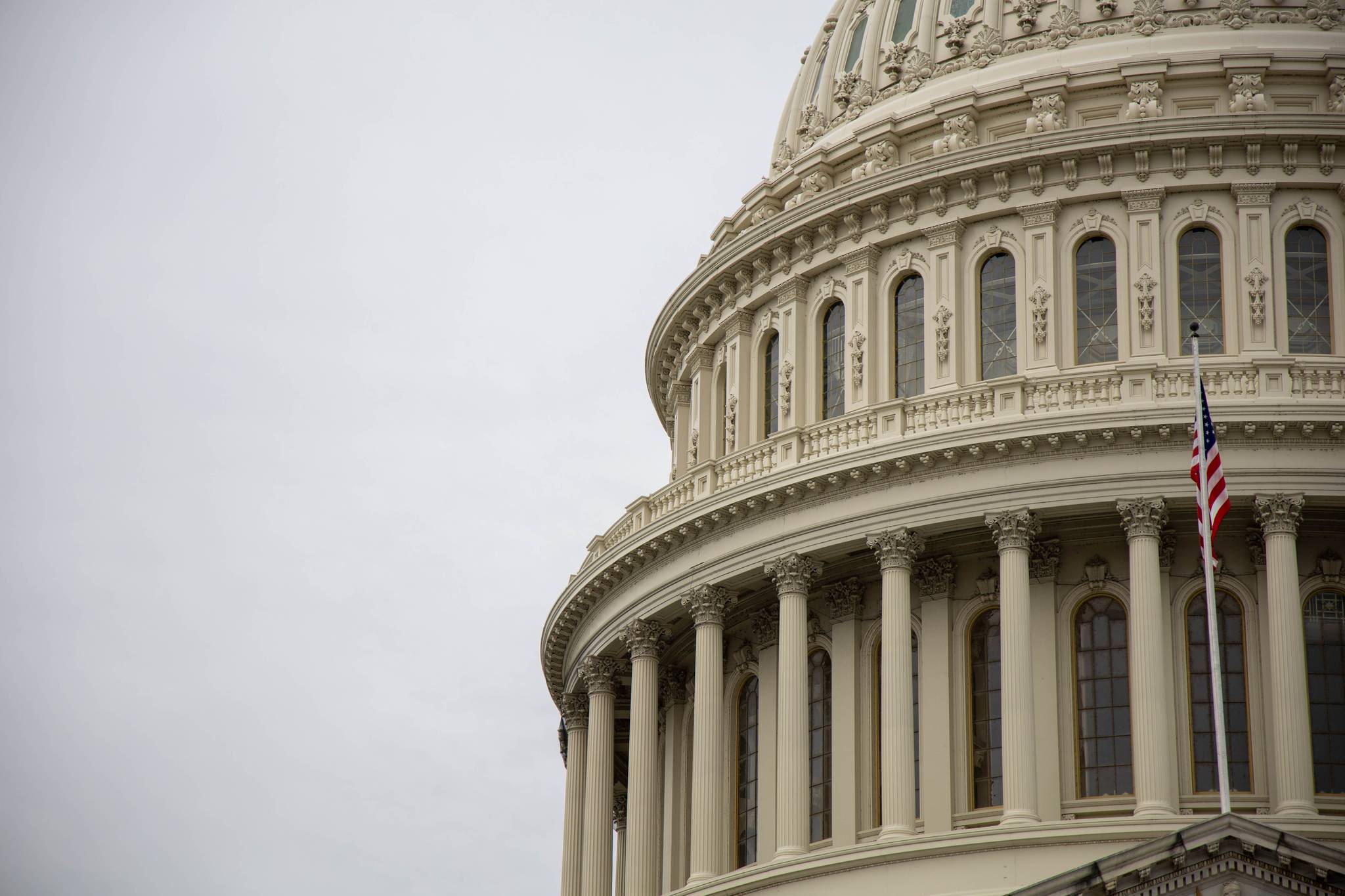I want to thank Alexander Dolitsky for expressing his thoughts and feelings as a My Turn, and asking a question- “What exactly is my “white privilege?” I ask myself this every day. I suspect many white people do, perhaps, like Dolitsky, because they are immigrants, perhaps because they grew up or live in poverty, perhaps because they experience other challenges based on other factors.
[My Turn: What exactly is my white privilege?]
I understand why white people might have this perspective, because I too have been there. There are ways in which the identity of “white” is flattening to my own complex identity as a woman, a Jew, and a lesbian. And though race may be a construct, it is one with deep consequences. The consequences for people with white or light skin like me, are benefiting, and may even seem invisible. The consequences for Black and brown people, are harmful and deadly— sometimes directly and sometimes over time. I appreciate the opportunity for dialogue and to share what I am learning.
Many white people hear the words “white privilege” and bristle at the term, focusing on the “privilege,” imagining it means loads of wealth and only ease in moving through the world. I ask you to release this image; this is not what white privilege is about.
White privilege is a phrase coined by Peggy McIntosh in her 1988 paper “White Privilege and Male Privilege: A Personal Account of Coming to See Correspondences Through Work in Women’s Studies.” She writes, “I have come to see white privilege as an invisible package of unearned assets that I can count on cashing in each day, but about which I was “meant” to remain oblivious.”
All people in this country experience hardships, and indeed, that is part of life. But in today’s America, people of color experience hardship because they are people of color. In the words of Janaya Khan, “Privilege isn’t about what you’ve gone through; it’s about what you haven’t had to go through.”
For example, I consistently see myself reflected in dominantly white media- on television shows, in history books and western literature often referred to as “classic,” as teachers and administrators from kindergarten through graduate school. I’ve never feared anyone in positions of authority based on the color of my skin. I’m not worried that I’ll be found murdered or missing as one of the thousands of Indigenous women, including right here in Juneau. I’m not anxious that people of my skin color will be stopped at the border and put in cages, or stopped by law enforcement and be killed. This is white privilege- “an invisible package of unearned assets.” And it’s easy to miss- we don’t often recognize it, because it’s the air we breathe.
As a white person, acknowledging that white privilege exists doesn’t mean I need to feel shame or guilt, although those feelings may be part of an individual process. We can learn from it. We can use the fire of guilt or shame to pay attention and attend to the inherent benefits we as white people receive. Knowing this, my work is to listen to and support BIPOC (Black, Indigenous, People of Color) at every opportunity, to work to understand the depths of my white privilege and take action to promote equity, to share my evolving understanding with other white people, to show up at civic events, support voting for all American citizens, and to continue this dialogue.
As Christine Emba wrote in the Washington Post, “The thing about white privilege is that it tends to be unintentional, unconscious, uncomfortable to recognize but easy to take for granted. But it’s that very invisibility that makes it that much more important to understand.” As white privilege in today’s America is illuminated, we all have an opportunity to name it and explore its obvious and subtle impacts.
Let’s make the most of this opportunity.
• Saralyn Tabachnick is a long-time Juneau resident in a life-long process of understanding her white privilege, is grateful to people who share her privilege and engage in dialogue, and to all the BIPOC teachers and writers who share their experience and wisdom. Columns, My Turns and Letters to the Editor represent the view of the author, not the view of the Juneau Empire. Have something to say? Here’s how to submit a My Turn or letter.

